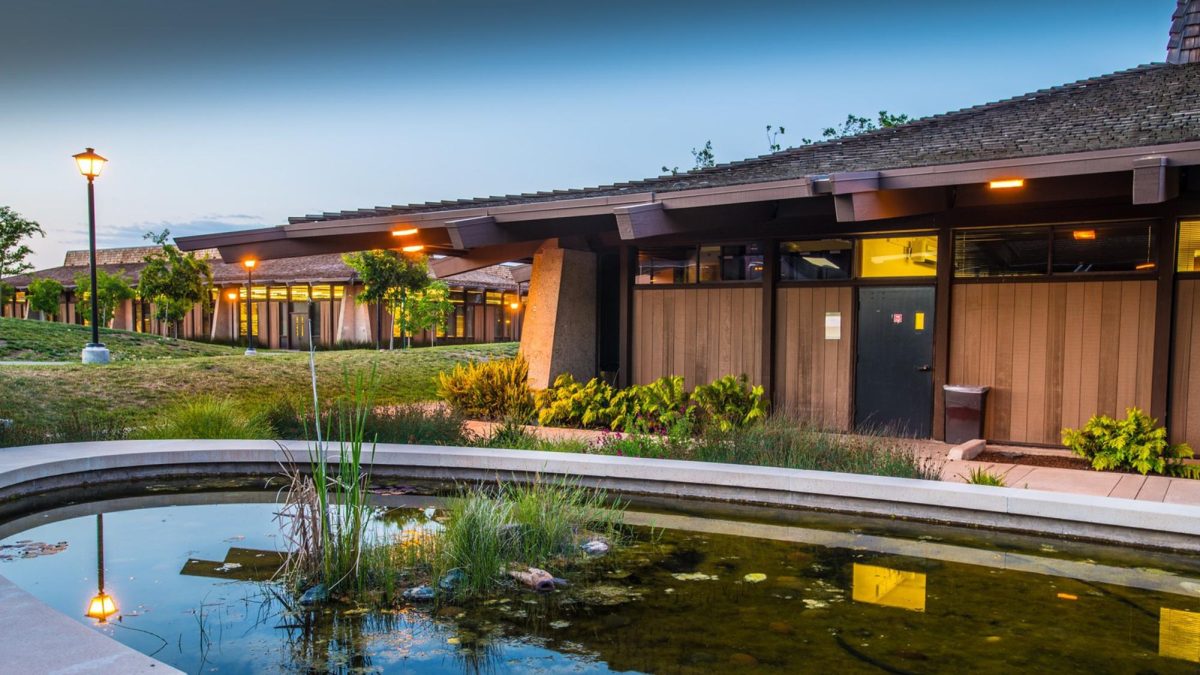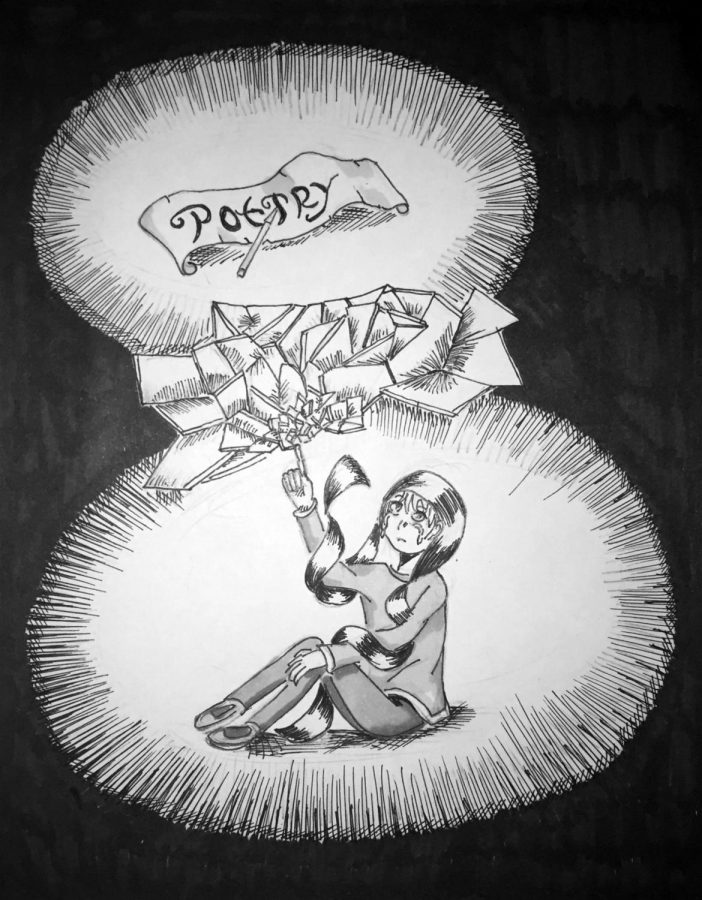Regrettably, I see very little progress in favor of the LGBTQ+ community in recent history, and something urgently must change. LGBTQ+ oppression persists daily in diverse forms, evident everywhere. Despite progress made in advancing the rights of the LGBTQ+ community, attacks against them continue on a global scale, ranging from violent hate crimes to government-led purges, as documented on aclu.org. Legislative efforts to protect LGBTQ+ individuals remain insufficient, leaving them susceptible to discrimination, violence, and marginalization. While literature by queer theorists like Judith Butler, Theresa de Laurentis, and Michael Warner has undoubtedly influenced open minds, its impact remains limited, especially when contrasted with the prevailing prejudice in other regions.
Observing the lack of respect and recognition faced by LGBTQ+ individuals is disheartening. I cannot help but feel powerless in this fight. Notably, my coworker and friend Alex’s fight. Alex identifies as nonbinary and prefers They/Them pronouns, and they experience a lack of respect at my workplace. Despite their crystal-clear expression of their identity, including wearing a pronoun pin, Alex still encounters invalidation from their coworkers. What’s troubling is that this lack of respect stems not from overt prejudice but from a disregard for acknowledging and honoring people’s identities. It’s disappointing to see coworkers unwilling to use Alex’s correct pronouns, not due to ignorance but sheer indifference. However, this indifference fosters an environment where identities are marginalized, undermining a sense of belonging in the workplace. Despite my efforts to correct my coworkers, I receive responses like “I’ve been using she/he for 50 years,” “She’s not always masculine,” or “I knew her as Alexandra.” This mirrors a great failure to prioritize respect and validate LGBTQ+ experiences. It’s essential for all coworkers to recognize the significance of affirming identities and respecting pronoun preferences, creating a workplace where everyone feels valued and respected.
Creating an inclusive environment is imperative but remains a rarity. Spaces where LGBTQ+ individuals seek solace often lack safety. In June 2016, a gunman attacked Pulse, a queer-friendly nightclub in Orlando, Florida, killing 49 people and injuring many more. This targeted assault against the LGBTQ+ community ranks among the deadliest mass shootings in U.S. history. Additionally, disturbing reports emerged in 2017 of state-sponsored persecution of LGBTQ+ individuals in Chechnya, Russia. Human rights organizations documented cases of detention, torture, and killings aimed at those perceived as gay or bisexual. Just this last year, an article entitled A Year of Hate: Understanding Threats and Harassment Targeting Drag Shows and the LGBTQ+ Community by Tim Squirrell and Jacob Davey states recent anti-drag protests have erupted in the UK: “In some cases, these protests can escalate to disruption, intimidation, and violence. Drag queen Sab Samuel, who ran a series of DQSH events in the UK in the summer of 2022, was cornered and blocked from driving away in his car by COVID-19 conspiracy theorist protestors who called him a “pedophile”, and asked, “Why are you grooming children?” Across the globe, hate crimes and discrimination against LGBTQ+ people persist at total capacity. These include physical attacks, cyber-attacks, spoken harassment, employment bias, and refusal of services based on sexual orientation or gender identity.
The entire community is indeed being marginalized as mass attacks happen not only with gunfire but through our social/public media and judicial system as well. Matthew Henry wrote in The Journal for American Culture, “the media’s treatment of queer identities calls for a serious critical inquiry among media scholars, one aligned with the academic discipline of ‘queer media studies,’ a merger of well-established film and television studies practices with a ‘queer theory’ perspective.” Legislation aimed at protecting LGBTQ+ individuals from cyber attacks and discrimination in employment, housing, and public accommodations has faced obstacles in various jurisdictions.
In the United States, for instance, efforts to pass federal anti-discrimination bills like the Equality Act have stalled in Congress despite widespread support from LGBTQ+ advocacy groups. Similar challenges have been seen in other countries where comprehensive anti-discrimination laws have yet to be enacted or fully implemented. In addition, bills seeking to ban the harmful practice of conversion therapy, which attempts to change an individual’s sexual orientation or gender identity, have faced resistance in some legislative bodies. At the same time, several countries and jurisdictions have successfully passed laws prohibiting conversion therapy, and others have encountered opposition from conservative groups who argue for the preservation of ‘therapy.’ I’m straight, privileged, and white, and I cannot comprehend not having therapy; I’m a mess, and I’d be hopeless without it. And then to add on fearing for your life due to gender/sexual orientation? I’m horrified. I can’t help but feel disgusted knowing incredible warriors like my bisexual son, queer friends like Alex, and others aren’t able to talk about their severe terrors in a safe haven. The LGBTQ+ community can’t catch a break.
So what do we do about this? Another nonbinary coworker, August, expressed appreciation for my interest in learning about the LGBTQ+ community, highlighting the importance of understanding and supporting their lifestyles. Can’t we just respect people? Is it really that hard? The community wants straight-binary humans to learn. Do them a favor and read a passage from “Stone Butch Blues” by Leslie Feinberg. It’ll shake you.
Just doing the research, however, isn’t enough. Without taking action, our education is meaningless. Fortunately, there are numerous avenues through which we can improve the well-being of the LGBTQ+ community. I’ve discovered that volunteering is the most effective method, and you can explore numerous opportunities to participate by visiting https://lgbt.foundation/.
My research reveals a disheartening truth: I personally have not found it my right to state whether the progress is “good enough.” Still, in my rickety opinion, little progress, if any, has been made in recent times. This conclusion is supported by firsthand experiences of gender discrimination and extensive research documenting the lack of respect for their identities. Moreover, the ongoing prevalence of violent acts targeting the LGBTQ+ community underscores the persistent dangers they confront. Compounding these difficulties is the failure of the legal system to adequately safeguard their rights.
Given this reality, there is little cause for celebration, as significant advancements have yet to materialize. The widespread use of the internet has only amplified the dissemination of hate, pushing the urgent need for meaningful measures to combat prejudice and foster inclusivity. These instances must compel us to take action in securing legal protections and equal rights for LGBTQ+ individuals. Despite facing obstacles like political opposition, deep-rooted attitudes, and institutional barriers, advocacy groups continue to push for changes in laws and greater recognition of LGBTQ+ rights around the world. I hold hope for a safer future for my bisexual son. I’m frightened.
For updates on ongoing legislative initiatives, you can visit https://www.aclu.org/issues/lgbtq-rights.
























































































